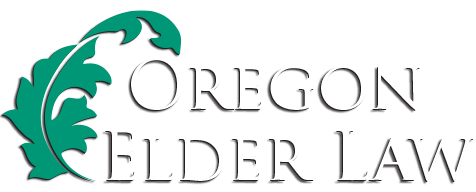Trust Administration
Understanding Trust Administrations
There are many types of trust administrations. Sometimes a trust needs to be managed by a successor Trustee because the creator of the trust can no longer effectively manage the trust assets. In cases where a client manages assets for a friend or family member, he is she is required to protect and prudently manage the assets. The successor Trustee often works with an attorney to understand his or her role and responsibilities. It is important to note that there are many types of trusts and each trust administration depends on the specific language of the trust.
Another type of trust administration is when the creator of the trust is deceased and the assets need to be distributed to the beneficiaries of the trust. Even though a trust administration avoids the needs of a probate, there are several tasks the Trustee must complete prior to distributing the assets. Similar to a Probate, the Trustee must collect the assets, pay the creditors, and distribute the trust estate. Without the formal timelines of a probate, an efficient trust administration can often take less time than a full probate.

